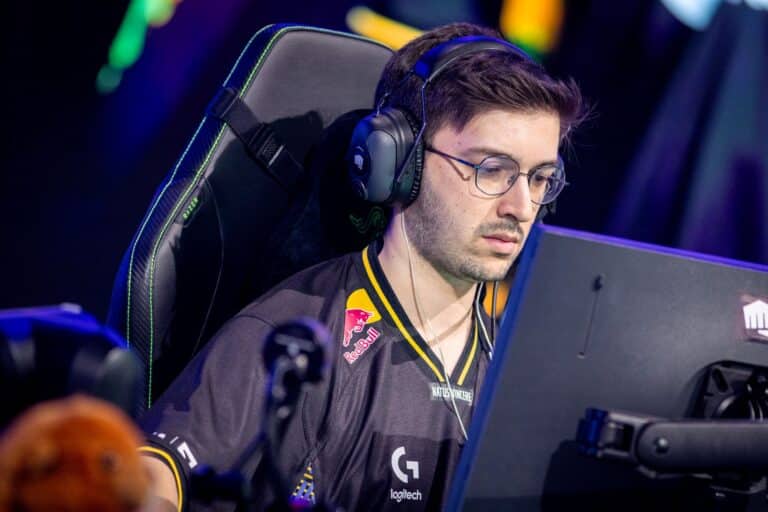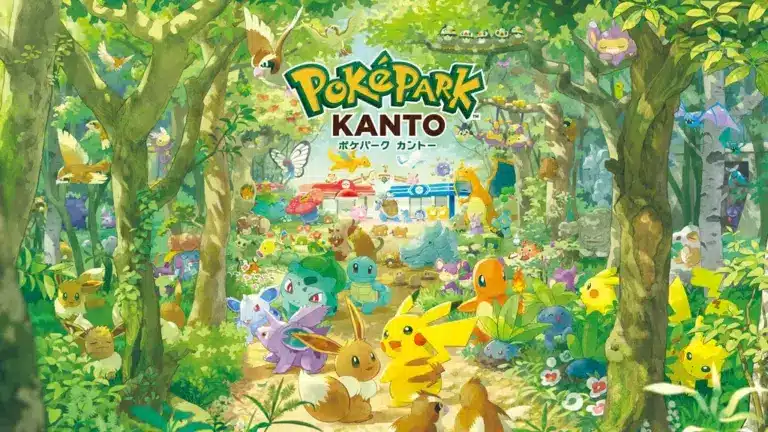Esports Tournaments Evolution: Local to Global Phenomena
Hannah Marie ZT, Senior Editor
Last Updated: 28/05/2025
Ad (you must be aged 18+ to bet; please be gamble aware)
The rise of esports has transformed the landscape of gaming from a casual pastime into a global phenomenon. As video games have evolved from “Pac-Man” to “The Last of Us Part II” and “Red Dead Redemption 2”, the competitive events surrounding games have too.
50 years ago, esports competitions (though they weren’t called that at the time) attracted hundreds, or thousands of enthusiasts in arcades and so on. Today this number reaches some 285.7 million esports gamers and an additional 291.6 million occasional viewers. This article explores the evolution of esports tournaments, tracing their origins and examining their role in popularizing computer games and shaping modern culture.
The emergence of the first esports tournaments
The history of esports can be divided into the late 1990s and early 2000s as the first computerized tournaments emerged. Such initial activities were typically regional, conducted in the gaming cafes or community halls, and offered small awards that drew a small audience. Early esports tournament participants often received modest prizes. These included gaming peripherals, like mice and keyboards, which improved their gameplay. Also, winners might earn vouchers for local gaming cafes or small cash prizes. Quake and StarCraft emerged as pioneers of early competitive gaming and formed a loyal following eager to demonstrate their talents.
In these early tournaments, it was common for most of the participants to be locked in closely-fought matches that required reflex and some amount of strategy. People showed their passionate as they competed. And these grassroots events set the foundation that would one day grow into an actual industry and fueled this competitive spirit that people have even to this very day.
The transition to online tournaments and the influence of the Internet
Stable Internet connection became a decisive event in the development of esports. Because it became possible to connect players of different countries, the organizers of tournaments started experimenting with new opportunities. ESL (Electronic Sports League) and MLG (Major League Gaming) became pioneers of large competitions for the Internet.
These online tournament platforms changed the way that competitors engaged in games or esports. Not limited to regional events anymore, gamers could participate in tournaments happening in any part of the globe. It expanded the coverage area enormously, consequently raised the number of participants and spectators, and enhanced the formation of an active online culture bracing for competitive gaming.
An increase in the number of online tournaments also contributed to the changes of including a wide variety of games in competitions. Titles like Counter-Strike, Dota 2 and League of Legends began to dominate the esports scene, attracting both seasoned players and newcomers alike. For example, today, 22 of the strongest teams from all over the world participated in the LoL Worlds tournament in 2023, with a concurrent viewership of 6.4m watching the competition! More players’ participation in these platforms began to popularize esports and create a foundation for a higher-profile and more sponsorships.
The emergence and growth of major esports events
When esports grew in popularity, significant events started emerging in the limelight. Further, common or popular events that were steadily making the world records are the World Cyber Games and Intel Extreme Masters which set the standard for other international championships. These tournaments not only demonstrated the high quality of players but also ensured large prizes of up to $100,000 or more, for competitors, thus raising the status of video gaming.
Increased participation of sponsors and brands in esports has also helped grow the scene. Businesses from around the world saw growth in this market and decided to increase funding for tournaments.
The development and expansion of large esports tournaments have dramatically altered the competitive gaming environment, attracting millions of fans and competitors worldwide. This boom in popularity has also spawned a renewed interest in gambling, with many fans ready to put bets on tournament results and play online casino games. Notably, portals like AustriaWin24.at provide valuable reviews and information for players, serving as a specialized resource, ensuring that enthusiasts stay informed about the evolving esports betting scene.
This convergence of esports and gambling not only adds excitement to tournaments, but it also offers up new income and engagement opportunities within the gaming community.
The mix of high-stakes competition and rich sponsorships has cemented esports’ place in the entertainment scene, transforming it into a big cultural phenomenon that will continue to evolve.
Modern esports championships and their impact on popular culture
Esports tournaments like The International (Dota 2) and League of Legends World Championship draw millions of spectators, rivaling traditional athletic events. These tournaments have transcended traditional gaming boundaries, becoming cultural phenomena that resonate with fans globally. The impact of esports on mass culture is profound; broadcasts of these events have become a staple in many people’s lives.
Twitch, YouTube and the like are a good example of platforms that have contributed to this change. They allow fans to interact with the particular games, and gamers also they deliver livestreaming of tournaments. The values of esports fandoms are the same as in real sports: the devotion of fans to their favorite teams and individual athletes, with lots of passion and warmth (and some criticism, too, of course).
These platforms brought equal regard to esport content to more serious gaming where people with an internet connection can watch a live stream of a match or their favorite highlights. This has bolstered viewership and fans are seen as people who keenly follow their teams and players (in general).
Local tournaments and support for young talents
Whilst larger events grab the interest of the world, smaller tournaments act as incubation chambers for budding professional players. These competitions help young talents to demonstrate themselves and get acknowledgment among the community. Whilst developing esports at a local level, tournaments also contribute to nurturing future stars and building a community among participants at the same time.
The industry must be sustained for this reason and perhaps for many others – young talents need support to thrive. Currently, there is an understanding among organizations and sponsors that funds help young talents with training, resources and guidance to move up to other levels. Some full-time professional players attribute their success to local tournaments, stating that they acted as their launch pad.
In addition, local tournaments mostly target all types of players, and this means that all players might get a chance to participate, no matter their background. Besides, it expands the general players’ circle and unites people who are interested in competitive games with the same passion as other players.
Conclusion
The evolution of esports tournaments has been nothing short of remarkable. From humble beginnings in local gaming cafes to grand international championships, these events have played a crucial role in shaping the landscape of computer gaming and popular culture. Each stage of development – from early LAN events to modern online competitions – has contributed to the industry’s growth and appeal.
As esports continues to evolve, it remains an integral part of the entertainment industry, attracting new generations of players and spectators alike. The journey is far from over; with technological advancements and increasing global interest, the future of esports promises even greater excitement and innovation.
Must-Read Casino & Betting Guides
Check out our featured gaming guides to find top UK casinos, no verification sites, fast withdrawal platforms, and more.
- UK Best Online Casinos for 2026
- Best Bitcoin Casinos in 2026
- Best Bookmakers 2026
- No KYC Casinos UK
- Non Gamstop Casino Sites
Hannah Marie ZT, Senior Editor
Hannah is a journalist specialising in the esports, gaming, and technology sectors. Working for outlets such as Dot Esports, Esports Insider, and of course ENUK, she has developed a love for wider esports, Apex Legends, and advocating for women's esports initiatives. You may have seen her at various esports and gaming events, including ALGS LANs, ESI London, EGX, and watch parties.
Stay Updated with the Latest News
Get the most important stories delivered straight to your Google News feed — timely and reliable





From breaking news and in-depth match analysis to exclusive interviews and behind-the-scenes content, we bring you the stories that shape the esports scene.
Monthly Visitors
User Satisfaction
Years experience











